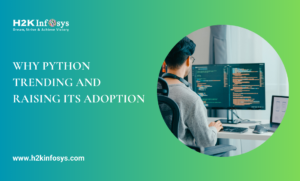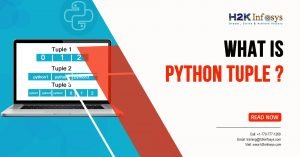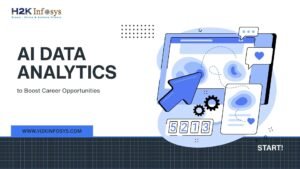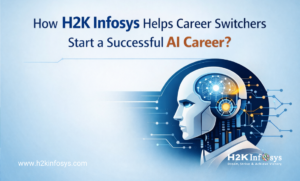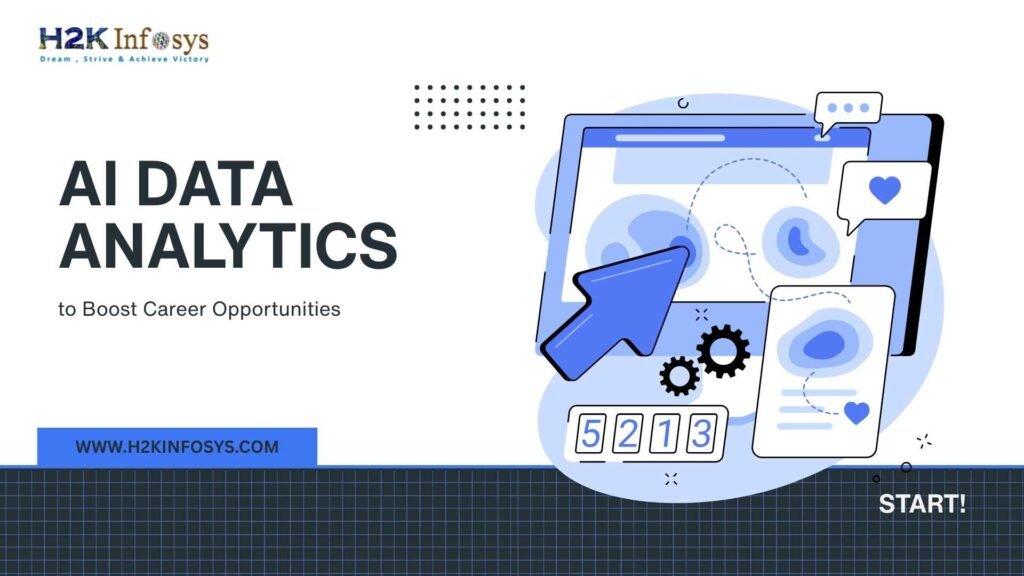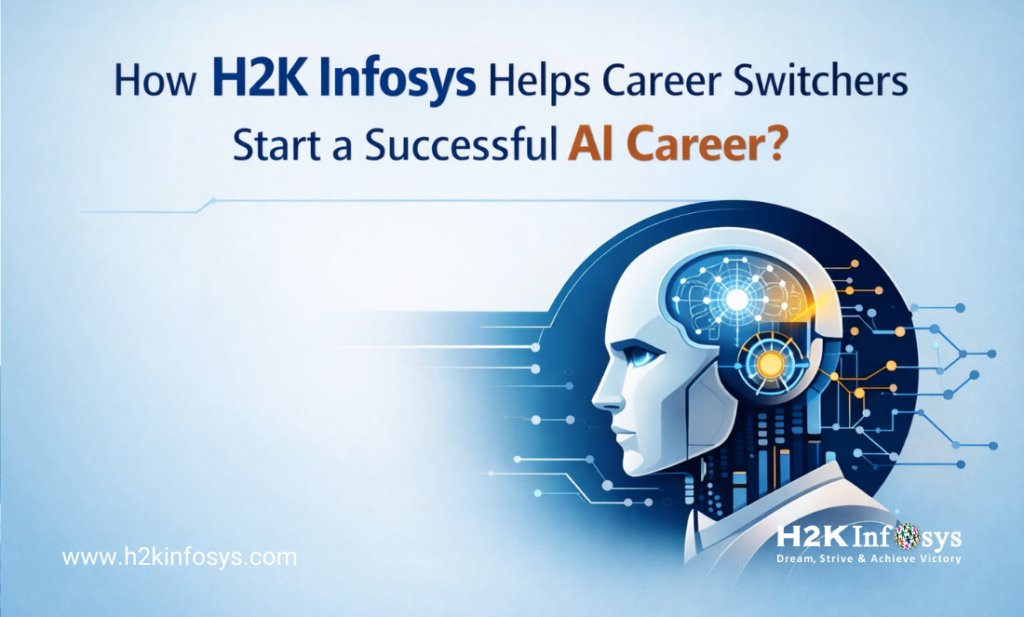Python certifications help demonstrate your programming abilities to employers by validating both theoretical knowledge and practical skills. Leading options include the Python Institute’s globally recognized certifications PCEP, PCAP, and PCPP which cover everything from basic programming concepts to advanced professional-level expertise. These certifications also offer specialization tracks in Data Analysis, Software Testing, and Security.
Data visualization is getting more important than ever. Many aspirants are beginning to take advantage of this opportunity and making their lucrative career out of it. But technology is changing with each passing day, and if you are in the IT field, you have to learn new things. Otherwise, people with better skills will grab the opportunity and leave you behind. So, if you want to become excellent in data visualization, you must learn Python. This is why many data science specialists are getting Python certification, securing their place in their company, and expanding their knowledge and skill set. If you are also looking to learn Python and get certified, you must consider the below courses to help you achieve your goal.
Best programming language for data visualization
Data visualization with Python is more popular nowadays in the IT industry. Hence, we are witnessing more demand for the best Python certification course from professionals, college students, and other aspirants. Let us look at the top two programming languages for data visualization.
Python
As we already discussed, Python is the most demanding programming language, and it is a great way to take your data visualization skills to the next level. It is one of the oldest programming languages since it originated way back in 1991. Python is extremely popular in the IT industry, and even non-IT professionals know its name. It is a general-purpose and open source programming language used by millions of people worldwide. The tech giants such as Facebook, Google, YouTube, Instagram, etc., rely on Python to run their day-to-day operations. Even as it very popular; Python is available for free.
When it comes to libraries, it comes with several free libraries. Below are the most popular and most useful libraries available in Python for data visualization.
- ggplot
- Pandas Visualization
- Plotly
- Matplotlib
- Seaborn
These libraries assist in creating highly customizable plots, live and interactive presentations. However, in the purest form, Python is not the greatest programming language for data visualization. If used with other add ons, it provides everything you require to create attractive, accurate, and easily understandable graphics. The biggest advantage of Python is the vast community support, a large number of inbuilt libraries. You can easily get help online and use open-source codes to build quick applications.
Despite being easy to master a programming language, Python is applicable everywhere and beyond entry-level programs. In many organizations, Python is used for making the highest level of data analysis and visualizations.
Scala

Scala is another programming language that makes data visualization easy and powerful. It was introduced in 2004, and from then it has seen many improvements. Scala runs on JVM (Java Virtual Machine). It is a multi-paradigm programming language, and consequently, it enables both object-oriented and functional approaches. The usage and advantages of Scala in the Big Data field are unmatchable. It arrives in the IT world at the right time and becomes an ideal choice for handling vast information and producing data visualizations.
Scala is also an open-source programming language. It is one of the reasons it is becoming the favorite among data scientists when operating with an enormous amount of data. Adding to this, it allows interoperability with Java, and consequently, it becomes a general-purpose language. If you combine this with Spark, it gives high performance in cluster computing.
However, the catch is that it is not as easy as Python. As a result, you cannot see as many enrollments in Scala online certificate courses as Python certification online. Mastering Scala is not easy because of its type system and complex syntax. And the difference between Scala and Python is vast.
If you are learning Scala and putting in extra effort, and becoming a master in this, it is worth it only if you apply your skills in different and large data sets. So, for small data sets, it is not a good choice. Due to this, you can see Scala’s usage in large enterprises where the data generation is huge. Those companies with Big Data can hire specialized staff to operate with Scala. In short, if you are not working with Big Data, Python or R is the best choice to work with.



